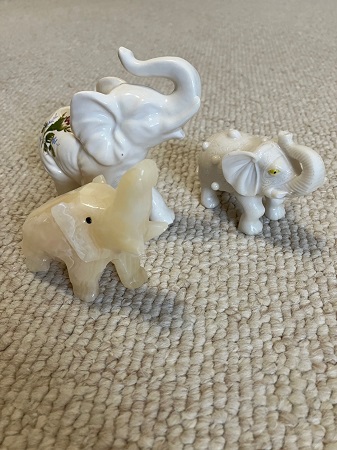Spin a Yarn
 When our extended family gets together, a few relatives always spin a yarn. They keep us entertained with their tall tales. Some stories are true or based on truth. Others stretch beyond belief. Most are a hoot.
When our extended family gets together, a few relatives always spin a yarn. They keep us entertained with their tall tales. Some stories are true or based on truth. Others stretch beyond belief. Most are a hoot.
To spin a yarn means to tell a story.
Often that story is:
- Long
- Made-up
- Full of twists and turns
Sometimes we spin a yarn to stay out of trouble.
We know we did something wrong. To avoid the consequences, we lie or tell a partial truth. However, two wrongs don’t make a right. Not when other people hurt us. Not when we mess up.
This idiom originated with ropes made of long fibers called yarns.
According to The Free Dictionary, “Sailors used to spin yarns … to make ropes. They were also famous for telling unlikely stories of their adventures.” The nautical term dates from around 1800. We now enjoy the double meaning of “spun fiber” and “a tale.”
Everyone has a story.
From our experiences, we can share lessons of:
- Hope
- Joy
- Peace
- Love
The Bible holds the greatest story ever told.
- Life changing
- All truth
- Available to everyone
“Give thanks to the Lord, for he is good; his love endures forever. Let the redeemed of the Lord tell their story.” (Psalm 107:1-2 NIV).
Thanks to Beckham Wilson for the suggestion. Image courtesy of Pixabay.
Do you have an expression you want explained or thoughts about this one? If so, please comment below.
Subscribe to receive my weekly posts by email and receive a free copy of “Words of Hope for Days that Hurt.”
If you enjoyed this post, please share it with your friends.









